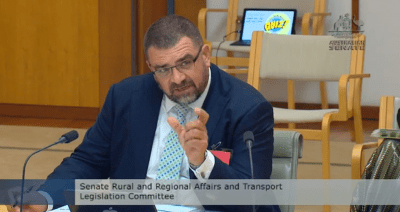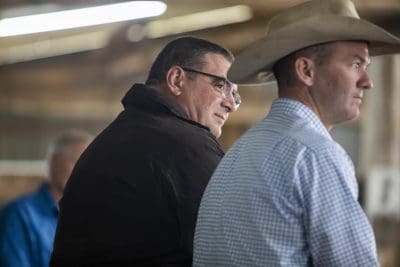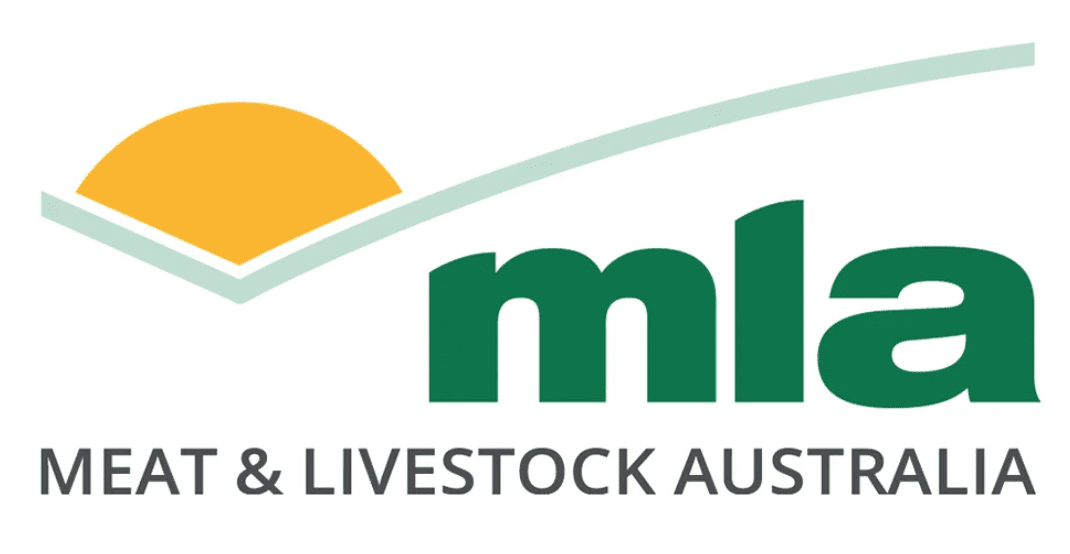WHAT will Jason Strong’s legacy to industry be as the operational head of Meat & Livestock Australia? How will history view his contribution to industry progress?
Set out below are some key points that characterised the Strong era of MLA industry service delivery operations…..
Length of tenure
While Jason Strong’s decision announced today to leave MLA next month has surprised many across the industry, history clearly shows the MD’s job has only limited tenure – for a host of reasons.
In fact Mr Strong (four years, nine months) is the second longest serving MD since MLA was formed back in 1997.
Only David Palmer (five years, six months, from 2006-2011) has served longer. Both his immediate predecessors – Richard Norton, and Scott Hansen (two years, ten months) served shorter terms, as did Mark Spurr and Richard Brooks, the inaugural MD from June 1998.
Irrevocable conflict with the MLA board has at times in the past been a key factor in MD departures. There’s no evidence that that was the case in Jason Strong’s decision announced today.
Tumultuous five years
Jason Strong’s four-year and eight-month term as MD has spanned one of the most volatile periods in recent Australian red meat history. His job at the helm was punctuated by the 2019-20 continental scale drought, COVID global pandemic causing massive upheaval in Australian beef trade, booming livestock prices (2021-22) and an equally spectacular livestock price crash (2023).
 All influenced MLA’s operations and performance in various ways, ranging from levy stream volatility due to 30-year low beef kills (2020-21), to dramatic shifts in demand for product in international and domestic markets.
All influenced MLA’s operations and performance in various ways, ranging from levy stream volatility due to 30-year low beef kills (2020-21), to dramatic shifts in demand for product in international and domestic markets.
Rightly or wrongly, MLA is often the first target for industry frustration when livestock prices move dramatically. Some felt MLA dodged a bullet at its November 23 annual general meeting, in terms of producer backlash over 2023 livestock price trends.
However November’s widespread rain and first signs of a subsequent cattle and sheep market rally may have de-sensitised producer sentiment on the topic, at the last minute. In fact there were no stakeholder AGM questions focussed at Mr Strong or MLA on this year’s price cycle.
Breadth of experience commanded respect
Mr Strong came into the MD’s job back in early 2019 with arguably the broadest industry experience base of any MLA managing director in history.
By nature of his previous employment and study history, he was well-armed to tackle the myriad complex issues the job involved. He had good applied practical knowledge across meat science, livestock production, genetics, international market access, marketing, retailing and other fields.
It allowed him to engage in dialogue with stakeholders, other peak councils, government and other interest groups with a level of authority and understanding.
Passionate, but frustrations showed at times
 While Jason Strong was clearly passionate about the red meat industry in which he has worked for his entire lift, he at times showed frustration over what he saw as negativism within the industry. That was typified by comments made during Senate Estimates earlier this year over industry statistical reporting and forecasting.
While Jason Strong was clearly passionate about the red meat industry in which he has worked for his entire lift, he at times showed frustration over what he saw as negativism within the industry. That was typified by comments made during Senate Estimates earlier this year over industry statistical reporting and forecasting.
Some stakeholders have pointed to MLA’s reluctance to shift its stance on CN30 as signs of not listening to broader industry views. During the 2023 AGM earlier this month, Mr Strong doubled-down on MLA’s support for the carbon neutral by 2030 option first launched by his predecessor, Richard Norton, back in 2017.
Some stakeholders, including the newly formed Cattle Australia, have advocated for a move to a climate-neutral model, which they argue better reflects industry’s position.
While continuing to back the carbon-neutral model, Mr Strong often repeated the condition that it had to be in the context of improved profitability, inter-generational business sustainability and leaving the environment in better shape than the industry found it.
Fewer, bigger, bolder approach to R&D
One of Jason Strong’s core policy decisions in the research and development field was his declaration in 2019 of a strategy of ‘Fewer, bigger, bolder’ to describe the industry’s allocation of funds for R&D purposes.
The move was part of a new industry goal of doubling the value of Australian red meat sales by 2030, over which it remains ‘on track.’
Pressing the flesh
 Few, if any MLA managing directors to serve since the producer owned company was formed in 1997 have spent as much time in regional Australia, engaging with stakeholders of all types.
Few, if any MLA managing directors to serve since the producer owned company was formed in 1997 have spent as much time in regional Australia, engaging with stakeholders of all types.
Jason Strong’s weekly (and often weekend) travel itinerary, seen on occasion by this publication, showed he was determined to engage as much as humanly possible with grassroots stakeholders.
Such activity is often un-noticed by the broader producer population, who occasionally accused him of ‘ivory tower-sitting’.

